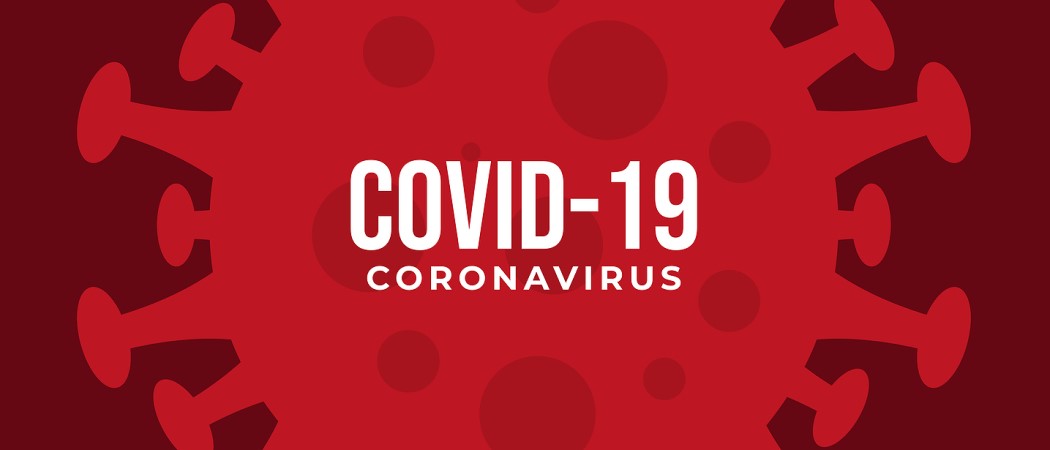This blog has been archived. A new one has been set up at this link.

The coronavirus pandemic is disrupting universities and research institutes across the world. But the same institutions are also working very hard to find out how the disease can be stopped and its effects mitigated.
Follow this live blog for the latest updates on how the crisis is impacting research and innovation, and what governments, funders, companies, universities, associations and scientists are doing to stop or cope with the pandemic.
You can read the full archive of this blog here.
The world needs to change its mindset on health, moving away from thinking only about individual clinical outcomes, European Commission president Ursula von der Leyen told the World Health summit in a speech on Sunday. “In today's world, we need to look after our health by looking after our planet, our wellbeing and our sustainable development,” von der Leyen said.
She was speaking as the next phase of the COVID-19 pandemic tightens its grip. “The dramatic spikes in recent weeks across the world and especially here in Europe reflect a picture that is getting worse by the day,” said von der Leyen. “We are back to March and April levels and in many cases already far beyond it.”
But while the virus is back stronger than ever, knowledge and experience of how to control it is also much better than before, she said. One case in point is the ability to coordinate across borders, with the EU having carried out research that forms the basis of common criteria and thresholds when deciding whether to introduce travel restrictions, and a single set of rules for testing and quarantining people.
Last week, the EU set up a gateway allowing national COVID-19 contract tracing apps to interoperate. Tracing apps from Germany, Ireland and Italy are now linked to this gateway, with the Czech Republic, Denmark, Latvia, Spain and others, due to link up.
Building on these measures, von der Leyen pledged to put in place an EU-wide strategy to centrally collect data and evidence to assess the impact, effectiveness and any side effects, if and when any COVID-19 vaccines are approved. “Preparations for these activities must start now to be in place when COVID-19 vaccines reach the EU market,” she said.
In addition, the commission will be putting forward proposals to improve and strengthen the European Medicines Agency and the European Centre for Disease Control, and to set up a new European agency for biomedical advanced research and development. “We will build the foundations of a stronger European health union in which 27 countries work together to detect, prepare and respond collectively,” said von der Leyen.
The European Universities Association (EUA) today released a report suggesting that the COVID-19 pandemic will have a long-lasting effect on universities which will need adequate support from public authorities to weather the crisis.
The report says universities suffered immediate losses due to the interruption of services, research contracts and international student recruitment. At the same, they now need to invest in better digital infrastructure for online learning and to adapt campuses to new health regulations.
“There are high levels of uncertainty and great concern in projections about future income from both public and private sources,” said Thomas Estermann, the EUA’s director of governance, funding and public policy development. “However, on a positive note, greater trust in universities due to their prominent role in crisis recovery is an asset – and we can capitalise on that.”

 A unique international forum for public research organisations and companies to connect their external engagement with strategic interests around their R&D system.
A unique international forum for public research organisations and companies to connect their external engagement with strategic interests around their R&D system.